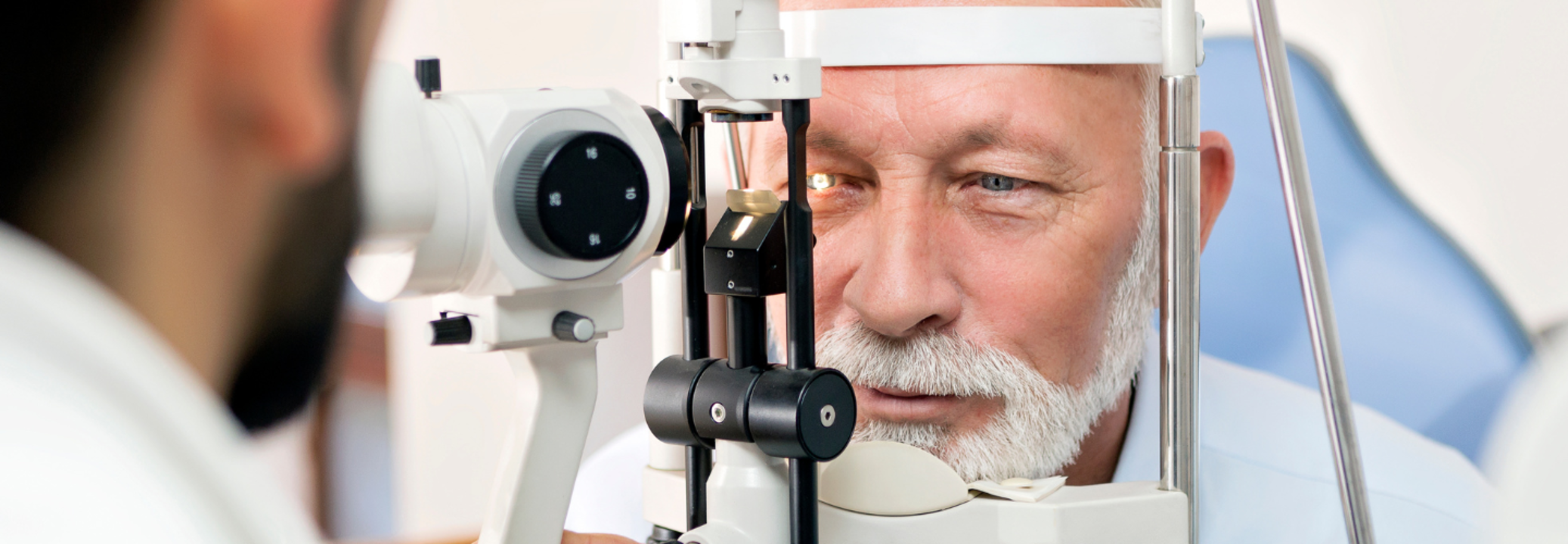Are People Too Busy To Take Care Of Their Own Health? Study Finds Lack Of Check-ups Increase Chances Of This Eye Condition

(Credit-Canva)
SummaryTaking care of our own health is an important aspect of living, but statistics find that most of us fail to even get even basic checkups done.
End of Article
